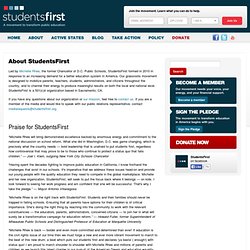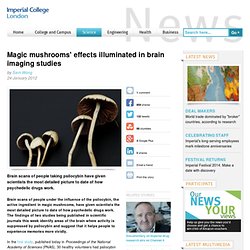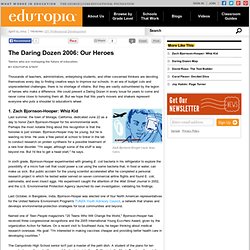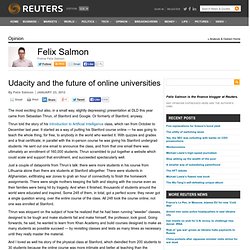

Johann Heinrich Pestalozzi. Johann Heinrich Pestalozzi (January 12, 1746 – February 17, 1827) was a Swiss pedagogue and educational reformer who exemplified Romanticism in his approach.

He founded several educational institutions both in German- and French-speaking regions of Switzerland and wrote many works explaining his revolutionary modern principles of education. His motto was "Learning by head, hand and heart". Thanks to Pestalozzi, illiteracy in 18th-century Switzerland was overcome almost completely by 1830[citation needed]. Life[edit] Early years – 1746–1765[edit] Coat of arms of Pestalozzi's family from Zürich Pestalozzi was born on January 12, 1746, in Zürich, Switzerland. On holidays Pestalozzi would visit his maternal grandfather, a clergyman in Höngg.[3] Together they would travel to schools and the houses of parishioners. Pestalozzi was educated to become a clergyman. Young adulthood – Political aspirations – 1765–1767[edit] Neuhof - 1769-1779[edit]
Seevak 2002: Vandana Shiva. About StudentsFirst. Led by Michelle Rhee, the former Chancellor of D.C.

Public Schools, StudentsFirst formed in 2010 in response to an increasing demand for a better education system in America. Our grassroots movement is designed to mobilize parents, teachers, students, administrators, and citizens throughout the country, and to channel their energy to produce meaningful results on both the local and national level. StudentsFirst is a 501(c)4 organization based in Sacramento, CA. If you have any questions about our organization or our mission, feel free to contact us. If you are a member of the media and would like to speak with our public relations representative, contact mediarequests@studentsfirst.org. “Michelle Rhee will bring demonstrated excellence backed by enormous energy and commitment to the national discussion on school reform. “Having spent the decades fighting to improve public education in California, I know firsthand the challenges that exist in our schools. Home - World Simulation. Magic mushrooms’ effects illuminated in brain imaging studies.
Brain scans of people taking psilocybin have given scientists the most detailed picture to date of how psychedelic drugs work.

Brain scans of people under the influence of the psilocybin, the active ingredient in magic mushrooms, have given scientists the most detailed picture to date of how psychedelic drugs work. The findings of two studies being published in scientific journals this week identify areas of the brain where activity is suppressed by psilocybin and suggest that it helps people to experience memories more vividly.
In the first study, published today in Proceedings of the National Academy of Sciences (PNAS), 30 healthy volunteers had psilocybin infused into their blood while inside magnetic resonance imaging (MRI) scanners, which measure changes in brain activity. The scans showed that activity decreased in "hub" regions of the brain - areas that are especially well-connected with other areas. R Carhart-Harris et al.
R Carhart-Harris et al. The Daring Dozen 2006: Our Heroes. Twelve who are reshaping the future of education.

Thousands of teachers, administrators, enterprising students, and other concerned thinkers are devoting themselves every day to finding creative ways to improve our schools. In an era of budget cuts and unprecedented challenges, there is no shortage of villains. But they are vastly outnumbered by the legion of heroes who make a difference. Lifelong Kindergarten. OCW Consortium. Udacity - Educating the 21st Century. Udacity and the future of online universities. The most exciting (but also, in a small way, slightly depressing) presentation at DLD this year came from Sebastian Thrun, of Stanford and Google.

Or formerly of Stanford, anyway. Thrun told the story of his Introduction to Artificial Intelligence class, which ran from October to December last year. It started as a way of putting his Stanford course online — he was going to teach the whole thing, for free, to anybody in the world who wanted it. With quizzes and grades and a final certificate, in parallel with the in-person course he was giving his Stanford undergrad students. He sent out one email to announce the class, and from that one email there was ultimately an enrollment of 160,000 students. Just a couple of datapoints from Thrun’s talk: there were more students in his course from Lithuania alone than there are students at Stanford altogether.
But that’s not the announcement that Thrun gave. Update: Thrun posts, on his personal site:
What the hell do i do now? News/politics. The best. Game learning. Techniques/specifics. Random weird stuff. Theoreticals. Neuroscience of learning. Teaching materials. Studies/experiments. Schools. Educators.